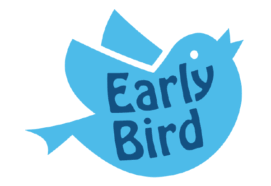“What do you do with a child that frightens you?” asked presenter Justin Webb on Radio 4’s Today programme.
There to answer this question, and put the callous unemotional traits of children in a more compassionate context, was Chair of ACAMH, Stephen Scott. His interview on 14 September followed the story of a child diagnosed with callous unemotional traits, his family, and his therapist.
We hear that Max, whose name had been changed, is a young teenager and adoptee. His parents find him aggressive and uncontrollable; his father agreed with Webb that the whole family are in real physical danger. They have had to call the police to their home on two occasions to protect them from Max.
Stephen was well-placed to explain the difficulties Max has and the situation his parents are in, as both a leading child psychiatrist and a clinician who has met Max.
“It is a continuum, but he is a very marked case of it,” he told listeners, going on to describe the features of the diagnosis, including superficial charm and a lack of guilt or remorse. Stephen highlighted its prevalence – around 1% – and pointed out the tendency of such children to go on to develop “psychopathic” traits in adulthood.
“They cost society a huge amount – something like £250,000-£500,000 by the time they’re 25,” Stephen said, pointing out the moral and financial benefits of addressing such behaviours early. “Having sufficient services is incredibly important,” he said. “We’ve only got to get one or two of them a bit better before we get an economic return.”
“Just because people seem less human, doesn’t mean they are not worthy of care,” he said.
Discover more articles from The Bridge.


